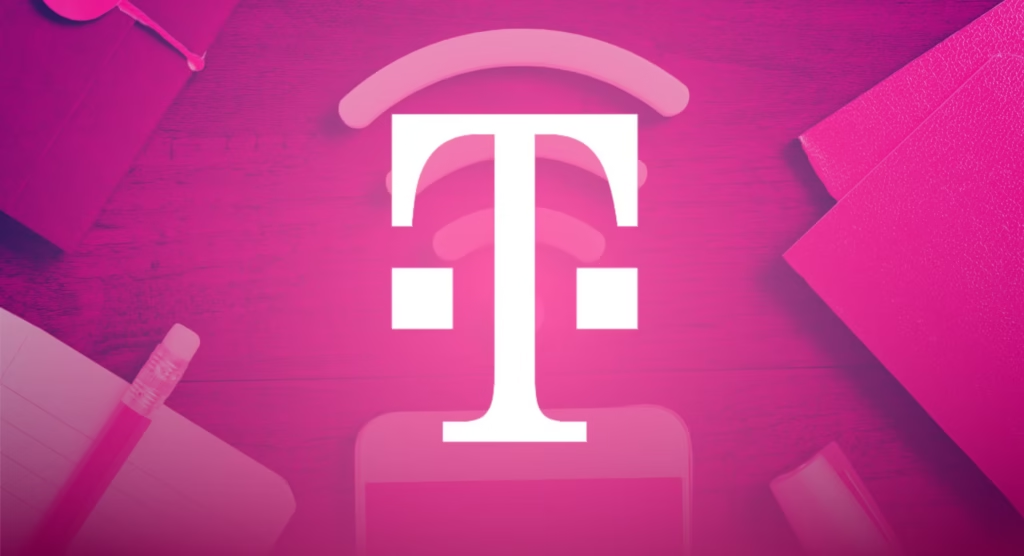seniorspectrumnewspaper – T-Mobile has officially closed its $4.3 billion acquisition of UScellular. The deal transfers UScellular’s customers, retail stores, and about 30 percent of its spectrum to T-Mobile. This move strengthens T-Mobile’s network capacity and customer base across the United States.
Read More : Google Unveils Its Most Powerful Gemini AI Model
UScellular customers do not need to take any immediate action. They can continue using their existing plans without changes. T-Mobile assures users that they can still manage accounts via the UScellular website. Customer support will remain available through the T-Mobile-owned carrier, ensuring a smooth transition.
This acquisition enhances T-Mobile’s competitive position by increasing its spectrum holdings, which improves network coverage and performance. The integration also gives T-Mobile additional retail locations, helping expand its physical presence in local markets. Over time, customers can expect improved network reliability and faster data speeds as T-Mobile integrates UScellular’s spectrum into its 5G infrastructure. The combined resources will also support the rollout of new technologies and enhanced services.
While the deal focuses on transferring customers and assets, UScellular itself will shift its role. The company will now operate primarily as an infrastructure business. It will generate revenue by licensing its remaining spectrum and towers to other wireless providers. This change marks a major transformation for UScellular’s business model.
Regulatory Conditions and Industry Impact
The $4.3 billion purchase price was not the only cost T-Mobile faced. To secure regulatory approval from the Federal Communications Commission (FCC), T-Mobile agreed to significantly reduce its Diversity, Equity, and Inclusion (DEI) programs. This condition echoes a similar requirement imposed on Verizon during its Frontier acquisition.
The regulatory environment under the current administration has linked merger approvals to broader political and social agendas. The FCC’s demands have become a tool to enforce certain policy goals within private sector deals. These terms add complexity and cost to large telecommunications mergers.
Read More : Meta to Require AI Use in Coding Tests for Applicants
Despite these conditions, T-Mobile’s acquisition of UScellular marks a significant consolidation in the U.S. wireless market. It signals growing industry trends toward spectrum accumulation and network expansion by leading carriers. For UScellular customers, the transition promises continuity in service with eventual integration into the T-Mobile network. For T-Mobile, the deal enhances capacity and competitive strength heading into future wireless innovations.
Looking ahead, UScellular’s focus on infrastructure leasing could create new revenue streams. T-Mobile will leverage the expanded spectrum to improve 5G coverage and speed. This acquisition sets the stage for intensified competition among top U.S. carriers and new advancements in mobile connectivity.


